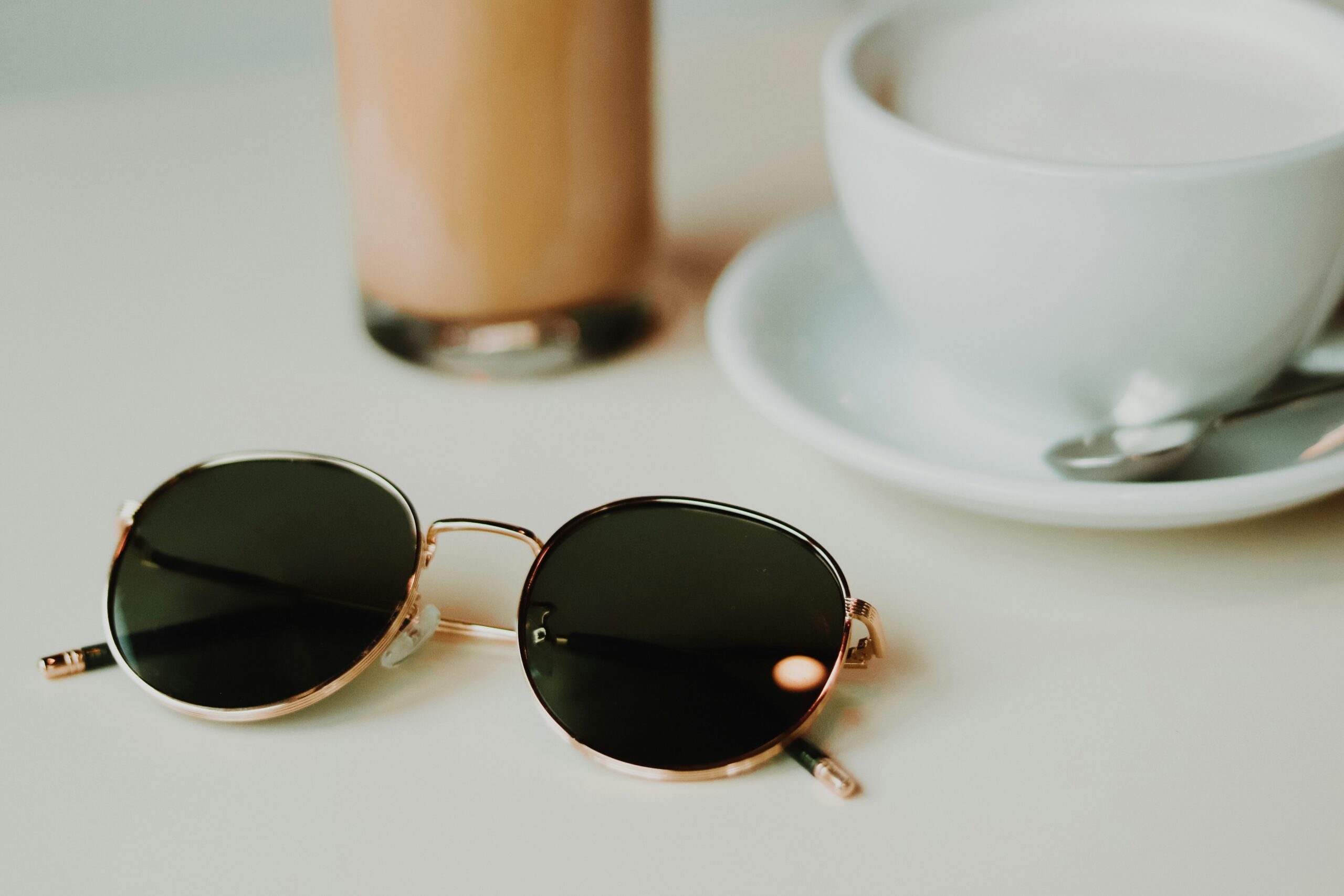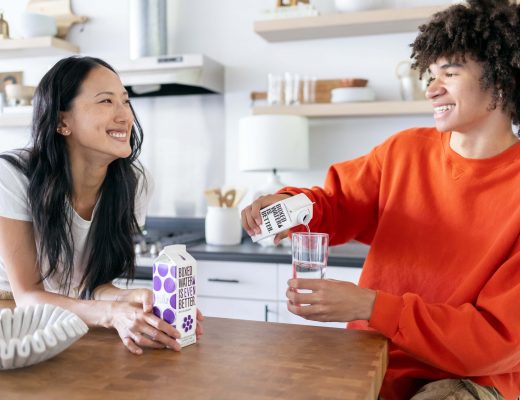In today’s digital marketplace, it’s easier than ever to find a pair of stylish sunglasses with just a few clicks. From trendy frames to sporty designs, online platforms are filled with thousands of options, often at unbelievably low prices. But behind those tempting deals lies a growing problem that most shoppers are unaware of—fake UV protection in sunglasses. These counterfeits don’t just mislead consumers; they pose serious health risks to the eyes, especially for children and young adults who wear them regularly without knowing the consequences.
The primary role of sunglasses isn’t just fashion—it’s protection. Properly certified sunglasses block 99% to 100% of UVA and UVB rays, which helps prevent cataracts, macular degeneration, and photokeratitis, also known as sunburn of the eye. However, many sunglasses sold on online marketplaces like eBay, Amazon, or Temu are either falsely labelled or offer no real UV protection at all. And it’s not always easy to tell. Counterfeit or low-quality lenses often claim to be “UV400” or “100% UV-protected” without any testing or regulatory backing.
The deception is dangerous because wearing dark lenses that don’t block UV radiation can be worse than wearing no sunglasses at all. The dark tint causes the pupil to dilate, letting in even more UV rays and increasing the likelihood of retinal damage. Consumers may believe they’re protected when, in fact, their eyes are being exposed to even higher levels of harmful light.
So why is this issue growing? For one, many online platforms lack strict enforcement around optical product standards. Vendors from around the globe can list products with minimal oversight. Certification symbols like CE (Conformité Européenne) or UV400 stickers can be added easily, regardless of whether the lenses meet the criteria. Some sunglasses are even marketed with vague phrases like “anti-UV” or “sun-blocking,” which are technically meaningless and provide a false sense of security.
Another concerning trend is the targeting of children’s eyewear. Bright, playful frames with cartoon characters are widely sold online, yet independent lab testing has revealed that many of these lack any real UV protection. Because children’s eyes are more transparent than adults’, they’re more vulnerable to UV damage. Early exposure can increase the risk of severe eye problems later in life, making quality protection essential from a young age.
What makes matters worse is how convincing these fake sunglasses can look. Sleek packaging, polished branding, and even customer reviews (sometimes fake) can create a false air of legitimacy. Unless buyers know how to verify UV protection—by purchasing from trusted sources or using a UV light detector—it’s nearly impossible to tell the good from the bad.
This is where trusted, transparent brands make all the difference. Faded Days Sunglasses, for example, are committed to providing stylish eyewear that’s properly tested and certified for full-spectrum UV protection. Their dedication to quality ensures that customers get both the look and the safety they need, without gambling on unknown vendors or suspiciously cheap alternatives. In a market full of uncertainty, established brands like this are a rare guarantee of both fashion and function.
Fortunately, awareness is slowly growing. Some regulatory agencies in the UK and EU are pushing for stricter controls on imported eyewear. Consumer advocacy groups are also conducting their own tests, publicly calling out companies that sell sunglasses with misleading claims. But until these efforts become widespread and systematic, individual responsibility and education remain crucial.
If you’re shopping for sunglasses online, there are a few key tips to protect yourself. First, avoid listings that don’t provide clear product details or lack branding entirely. Look for independent lab testing or certification from recognised bodies like CE, ANSI, or ISO. Second, be wary of ultra-low prices; if it seems too good to be true, it probably is. Third, consider buying from reputable retailers or directly from the brand’s website, where product authenticity is more reliable.
In the end, your eyes are not something to take chances with. Just as you wouldn’t wear expired sunscreen or drive without a seatbelt, you shouldn’t rely on unverified eyewear for protection from the sun. The surge in fake UV sunglasses is a modern health threat disguised as a fashion statement. Recognising and rejecting these products is not just a consumer choice—it’s a matter of protecting your long-term vision.







No Comments